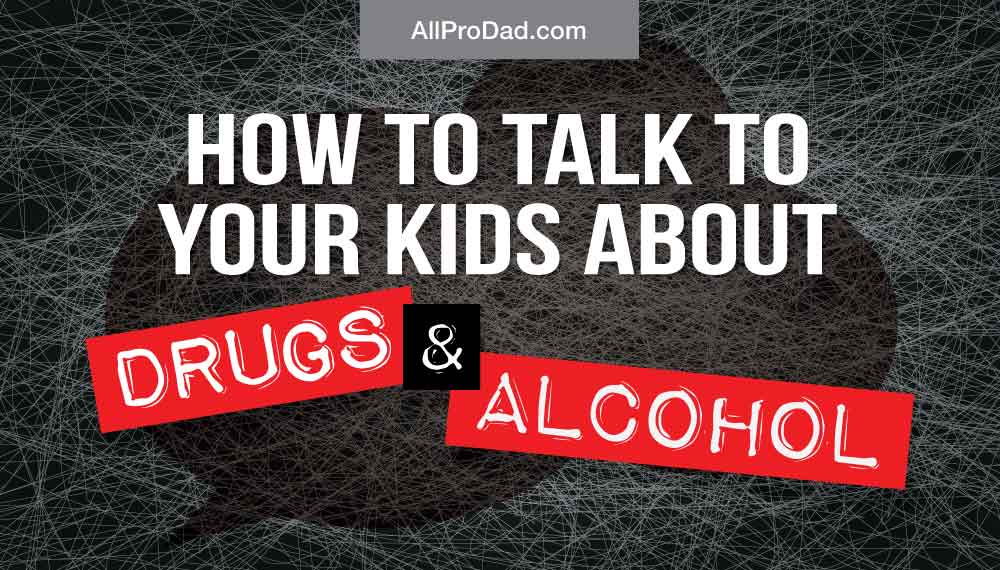When I was growing up, Family Ties was one of my favorite TV shows. One episode in 1983 stood out to me. Teenage son Alex (played by Michael J. Fox) abuses diet pills (“Speed”) to increase his energy. The thing that stood out to me was that he became out of control, obsessed with the next pill. I remember never wanting to be like that. It seemed like the problems of drug use in the 80s were being covered everywhere. There were documentaries, feature films, afterschool specials, and even sitcoms showing the problems. There was one attitude back then from the government and the culture, “Just Say No” or “Drugs bad, sobriety good”.
Things have changed today with the debate over legalized marijuana. The overall message is grayer and more confusing to teenagers. While what is being communicated in the world is muddled, it can be made completely clear in your home. Here are some simple thoughts on how to talk to your kids about drugs.
Start with Questions
It’s always good to ask questions to find out what they know. Also, they are more likely to listen to you when they have felt like you have listened first. Ask them if they know about the different drugs and the effects they have on a person. Ask them if any of their peers have tried them or maybe even their friends’ parents. Try and find out if they are tempted to try drugs or at least intrigued. Don’t come down on them or slam the door if they say yes. You will simply find yourself on the outside looking in. Take the opportunity to guide them in the right direction, not throw handcuffs on them.
Their Choices, Their Consequences
You won’t be able to hold their hand everywhere. If they want to do it, they will find a way. Prepare them to make good choices. Let them know they have your trust, but it is the most difficult thing to regain when it is lost. It is also difficult to trust someone when they take a substance that alters the way they think; bad decisions usually follow. Make sure they know that the decisions they make have a serious impact, even life altering.
Reasons to Say No
Dangerous – There are overdoses and the specter of addiction. However, the most dangerous thing about drugs is the inability to think clearly in an already dangerous world. Tragic accidents happen and predators violate unsuspecting victims when they are sober. Being in an inebriated state increases the chances of both. Most of the funerals of teenagers I have attended or visited in the hospital involved intoxication from drugs or alcohol.
Waste of Time – There’s nothing real about it. It is manufactured stimulation, not actual meaningful life experience. There aren’t relational moments of significance, depth or belonging. Life on earth passes too quickly to miss opportunities by spending time drunk or high. Let alone the time spent having to undo the potential damage it can cause.
Unhealthy – It is never good for the body, either physically or psychologically.
Alcohol
The dangers of this substance are never quite covered with the same seriousness as others. Since this one will probably be the most tempting and available I believe it to be the most dangerous. Cover it thoroughly and be careful what you model.









Huddle up with your kids and ask, “Why is it important to be able to think clearly?”